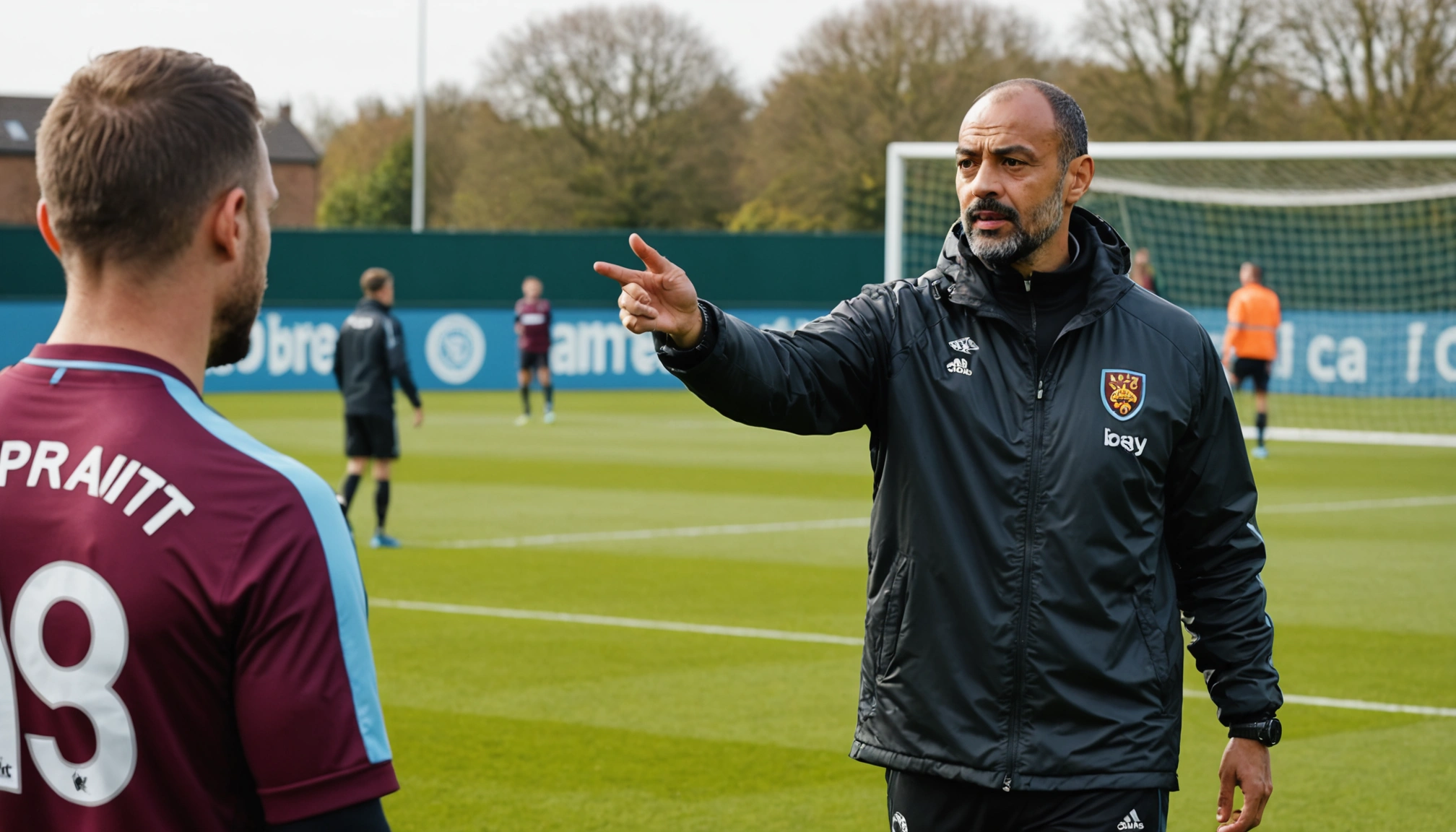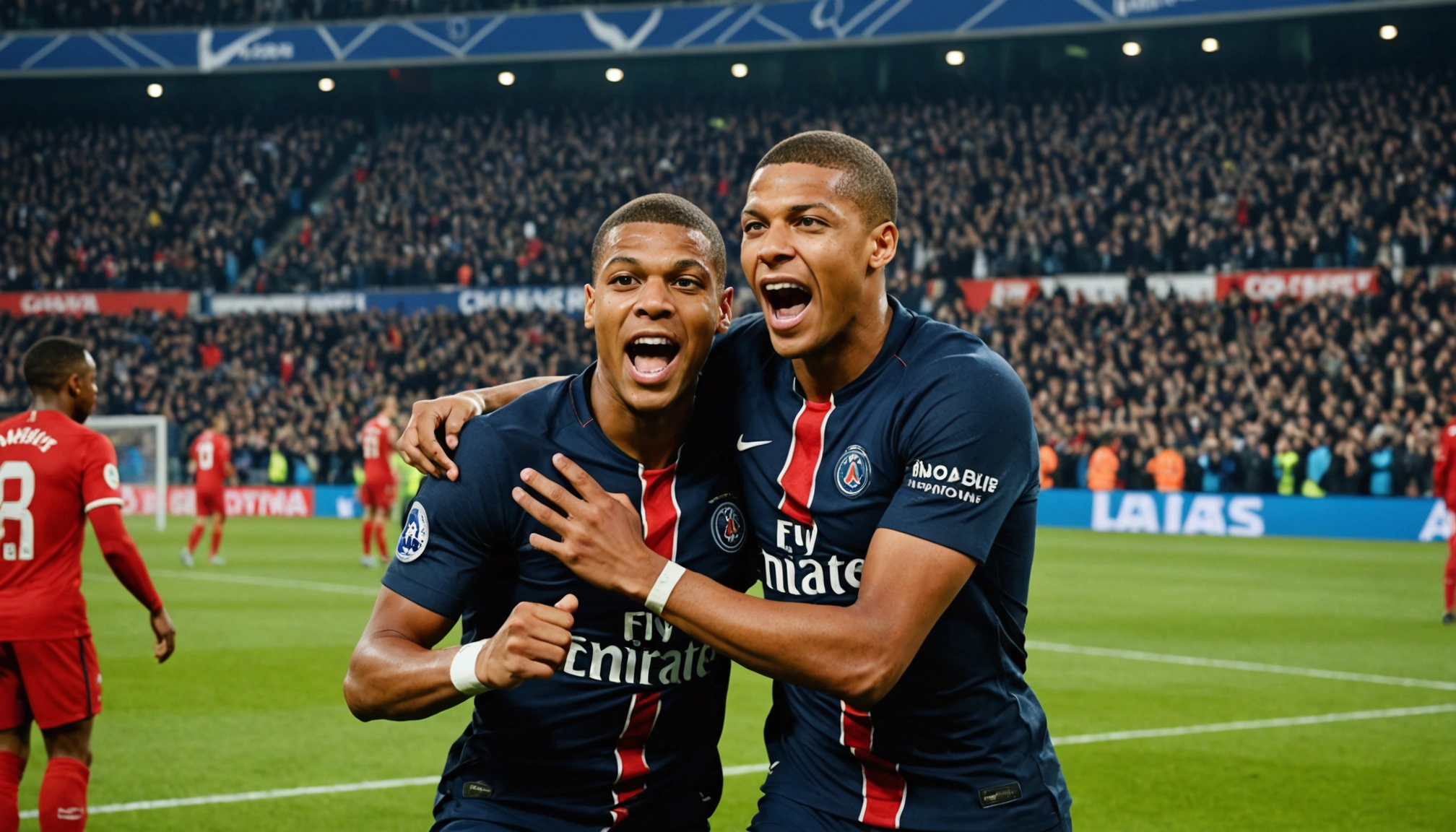Why West Ham Chose Nuno Over Potter: A Strategic Shift
Explore why West Ham replaced Graham Potter with Nuno Espirito Santo, focusing on pragmatism and Premier League survival expertise.

By Editorial
Introduction To West Ham's managerial change
West Ham United's decision to replace Graham Potter with Nuno Espirito Santo marked a critical turning point in the club's Premier League campaign. Despite the hope Potter's possession-based style inspired, his tenure ended with just six wins in 25 games, leaving fans and the board frustrated amid the threat of relegation. This article delves into why Nuno was considered the common-sense option and the broader implications for West Ham's future.
Early Signs Of Doubt In Potter's Appointment
When Potter was appointed in January, the deal was initially short-term, reflecting chairman David Sullivan's hesitation. Reports suggested the club even considered alternative candidates such as Paulo Fonseca and Christophe Galtier before confirming Potter. This reflected a lack of full confidence from the outset, which arguably undermined Potter's authority and ability to implement his footballing philosophy effectively.
Potter’s Tactical Approach And Its Challenges
Potter's vision for West Ham centred on possession football and a forward-thinking style, aiming to revive the club's traditional playing identity. However, adapting this approach to a squad built under different management proved challenging. Supporters witnessed inconsistent performances and disappointing results, culminating in a home defeat to Crystal Palace—the breaking point that intensified protests against the club's ownership.
Why Nuno Espirito Santo Is The Pragmatic Choice
Nuno’s appointment reflects a strategic shift prioritising survival over style. Known for his pragmatic tactics, Nuno has a proven track record of steering teams clear of relegation, notably with Wolves and Nottingham Forest, whom he guided to their best Premier League finish since 1994-95. His experience in managing under-pressure squads suits West Ham’s current predicament, where immediate results are paramount.
Nuno’s Premier League Survival Expertise
West Ham’s interest in Nuno emerged before the Palace defeat, with the club exploring his willingness to take on the role shortly after his dismissal from Nottingham Forest. Unlike Potter, whose progressive style required time and patience, Nuno offers a more results-driven approach. This urgency aligns with Sullivan’s preference for a manager who can deliver Premier League safety swiftly.
Other Candidates And The Board’s Preferences
Slaven Bilic, a former West Ham player and manager, was also considered for the role. Bilic’s potential return would have appealed romantically to fans, and his willingness to accept a short-term deal matched the chairman’s initial preferences. However, Nuno’s willingness to commit to a longer contract and his recent success made him the favoured candidate, with reports confirming a three-year deal concluded swiftly.
Did Potter Receive Adequate Support To Succeed?
Potter’s time at West Ham was marked by internal challenges beyond the pitch. While he retained backing from some senior players, others were less convinced by his methods. Recruitment was a contentious area; although Kyle Macaulay was appointed head of recruitment to support Potter, ultimate transfer control remained with Sullivan and the board. Such dynamics likely limited Potter’s ability to shape the squad to his vision fully.
The Club’s Executive Restructuring And Its Impact
West Ham’s governance has been in transition, with Tim Steidten’s appointment as technical director signalling a move towards a modern executive model. Yet, Steidten’s departure and Macaulay’s probable exit suggest instability in this structure. Sullivan’s gradual step back, alongside his son Jack’s growing influence, adds complexity to decision-making processes, affecting managerial support and long-term planning.
What This Means For West Ham’s Future
Nuno’s arrival signals a pragmatic phase for West Ham, focusing on stabilising performance and securing Premier League status. Fans may long for the attractive football Potter promised, but the club’s immediate priority is survival. Drawing parallels with other clubs battling relegation, this approach is often necessary to rebuild confidence and squad cohesion.
For supporters eager to stay connected with football developments, platforms like How To Join Sky Sports Fan Club And Share Your Football Views offer excellent opportunities to engage.
Lessons From West Ham’s Managerial Changes
West Ham’s experience highlights the delicate balance between ambition and pragmatism in top-flight football. Managers need both time and structural support to implement philosophies effectively. The club’s history, including recent successes like the Europa Conference League triumph under David Moyes, shows that stability and clear strategy are crucial.
As West Ham navigates this transition, fans and analysts alike will watch closely to see how Nuno applies his survival expertise and whether the club can regain its competitive edge.
Conclusion: A New Chapter Begins At West Ham
Replacing Graham Potter with Nuno Espirito Santo reflects West Ham’s urgent need for stability and Premier League survival. While Potter’s progressive vision faltered amid internal challenges and poor results, Nuno brings a pragmatic, experienced approach. This strategic shift is a clear message that results must come first, at least for now. As the club rebuilds, all eyes remain on the board’s decisions and how Nuno will steer the Hammers forward.
For further insights into football dynamics and more, readers can explore England Sport Highlights Key Moments And Insights to stay informed.
Related topics
Editorial
Sports expert at SportsScoop
Specialist in sports analysis and journalism
Related articles
Want to read more?
Explore our comprehensive collection of sports articles and analysis, or contact us for more information.



